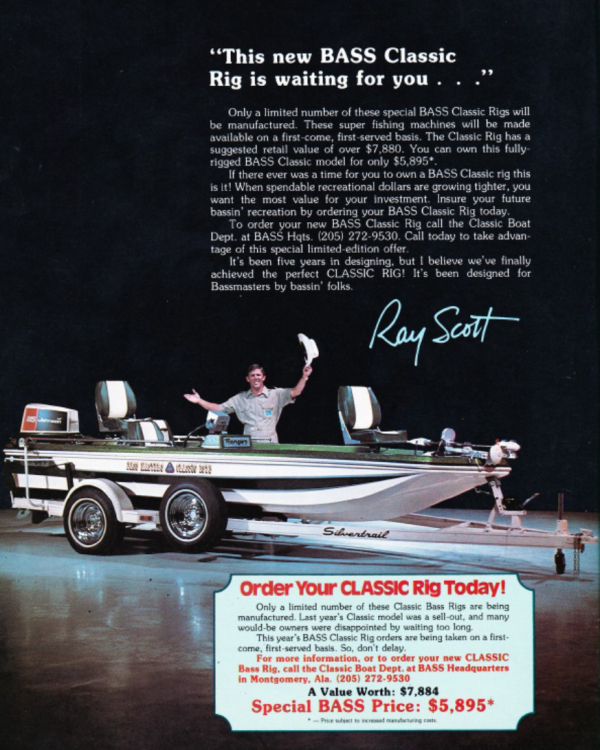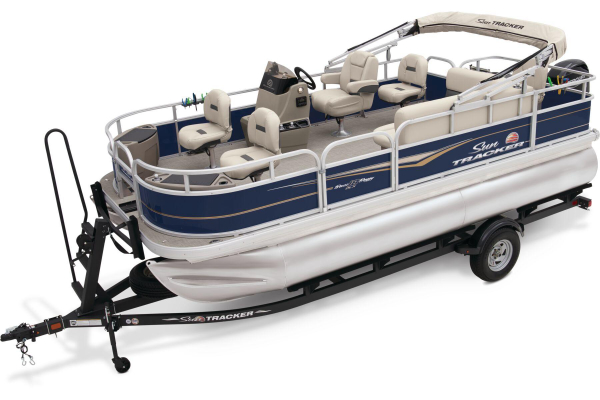
Here’s one more thing for those who work in the boating industry to lay awake at night about: The median age of boaters in the U.S. is now 60 years old.
There are more boaters who are 70 than there are boaters who are 40.
Clearly, all things being equal, selling boats, marine services and parts is going to get a lot tougher in the next decade as many of these boaters age out or pass away.
And despite a whole lot of inclusive efforts to the contrary, boat buyers are still overwhelmingly white and male. They’re probably going to stay that way. (But preserve us from another DEI boondoggle, please, no matter what.)
It’s likely that going online is a major factor in putting boating offline.
The majority of young people today are investing their discretionary hours into screen time rather than outdoors time, and not as many are introduced to boating as kids. Consequently not as many grow up to become boaters as in decades gone by.
I’d guess the rise of team sports for kids as young as 6 is also a factor. It used to be when country kids got out of school, they might head to the local pond or creek for a bit of fishing or putzing around in a rowboat or canoe—now they head to football, soccer or baseball practice, night after night, in many cases pushed hard by rabid parents.
Boating Is Now Much More Expensive
Boat prices are also many times what they were a few decades back, which limits the available buying pool. To be sure, this is partly because they’re loaded with a lot more technology, including electronics that were unimaginable back when you could buy a nice bass boat with a two-stroke outboard for under five figures.
In 1975, the Bassmaster Classic Ranger, sort of the dream rig with a 115-hp Johnson outboard, could be purchased for under $6,000! (Economists say a 1975 U.S. dollar would be the equivalent of about $6 today—clearly, the escalation in boat prices has been a whole lot faster than the devaluing of the USD.)
Now, a well-equipped bass boat costs about as much as a starter house in many neighborhoods across the South.

My neighbor, who lives in a shotgun house in a neighborhood of middleclass houses like mine, has a Bullet bass boat with a 250-hp Mercury and a full load of electronics sitting in his garage. New, that boat now sells for $122,000.
That’s a bass boat, not a yacht, remember.
Well equipped bay boats in the 20-25’ range are about the same, while cruiser type boats for overnighting—don’t ask.
As an aside, we note that boats costing over $500,000 are nearly always bought for cash. It truly is a case of “if you have to ask the price, you can’t afford it” when it comes to larger boats these days.
The inflation of boating problems is not an isolated issue, for sure.
The $3 a dozen eggs we bought a year ago are now $6 or more. Hopefully just a blip, but in this case the chicken definitely comes before the eggs—until another generation or two of layers is at work, we won’t see our eggs Benedict getting any easier to afford.

One bright spot for young families that might like to get into boating remains pontoon boats, which can still be bought for reasonable prices on the lower end. A boat like the Tracker Bass Fishin’ Buggy 18’ still goes for around $27,000 including a 60-hp Merc. It ain’t a Ranger with a 300, but it’s a really good all around family/fishing/tubing boat that requires minimal care and doesn’t burn much fuel. (Lowe, Princecraft and several other builders also offer entry-level pontoons.)
Recruiting a new generation of boaters is undoubtedly keeping the old generation of boat builders awake at night, and there seems to be no simple solution.
Holding the line on prices for entry-level boats, though, might be a first step in the right direction.
— Frank Sargeant
Frankmako1@gmail.com
